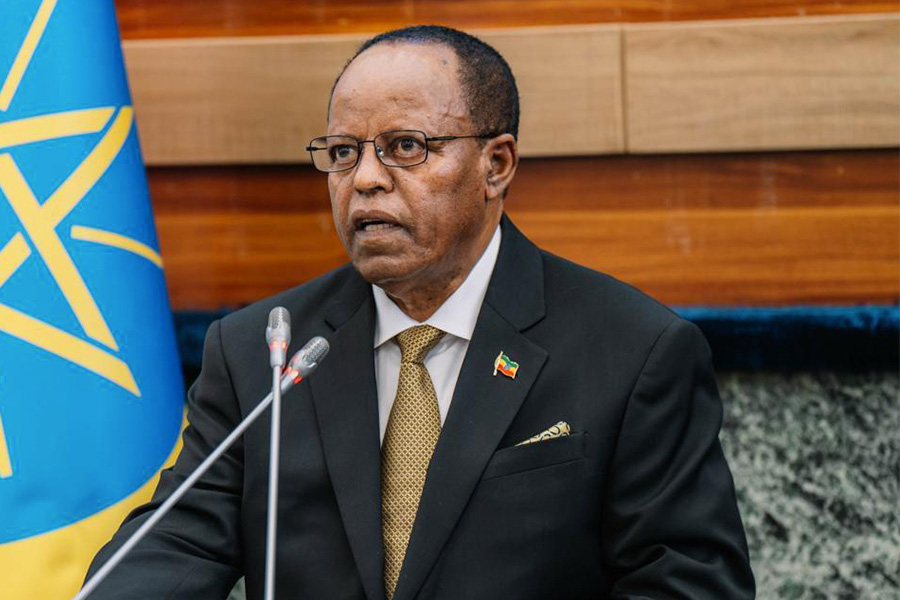
Brook Asegid is a car importer who has brought over 10 electric vehicles (EVs) in the last two years. He intends to bring only electric-powered cars henceforth.
Brook noticed the demand for electric Volkswagens - ID4 and ID6 editions - going for around 5.5 million Br has picked up recently. They require an 11-hour charging period to be full and can go for about 450Kms without recharge. The charging time can be lowered using fast chargers provided separately. However, its frequent use may diminish the battery’s life span.
Brook’s office is near Tikur Anbessa Hospital in the Teklehaimanot neighbourhood. But he showcases the EVs he imports at a car mart near the Lebu Mebrathail area, a lot with a wide space where no more than seven vehicles were displayed two weeks ago.
“Demand is higher than ever,” Brook told Fortune. “Especially in the last few months.”
He may refer to the policy move by the administration of Prime Minister Abiy Ahmed (PhD) in discouraging the imports of fossil fuel-powered vehicles after it slashed the duty tariff on electric car imports to a mere 15pc. It is a decision aligned with an ever-expanding climate change lobby, where countries worldwide have had to consider renewable energy sources to power their economies. The Administration wants to accelerate its efforts towards what its officials often describe as a “greener economy”.
A significant transition is shifting from petrol towards an electric-powered transportation ecosystem. The Administration has developed a 10-year strategic plan to introduce 4,800 electric buses and 148,000 electric vehicles on the roads across the country.
Reducing tariffs to a historical low pushed local demand for electric cars. However, many remain with little to no familiarity with what it means to own an electric car. Despite their growing popularity, electric vehicles have a history of over a century, with attempts to manufacture them as early as the 1800s. Brands such as the Woods Phaeton had a range of 28Km and cost 2,000 dollars. Technology has progressed since then.
Various Tesla models are high-performance vehicles manufactured by a company Elon Musk established. Buying one in the local market could cost upward of 13 million Br, depending on the model. Their battery life and specifications are no different from Volkswagen though.
Brook, who drives a gas-guzzling AUDI, hopes to transition as he sees the fuel cost to be unreasonably high.
The garage owner and driver of the Volkswagen ID4, Gezahegn Desta, is content with his car. He is ecstatic to save up to 10,000 Br a month, avoiding fuel costs. With battery packs ranging between 65Kwh and 78Kwh, the range can be extended to reduce charging time, says Gezahegn. He fears the battery replacement, which costs 300,000 Br, will be a setback with the rising inflation. The long-time garage owner said most elements are unique except the tyres and braking system, which leaves little to no requirement for maintenance.
“The need for mechanics and technicians will drop if EVs control the market,” he said.
Nearly 10,000 electric vehicles, including semi- and completely, knocked down parts, were imported last year, estimated to value 44.3 billion Br. It was double the number brought the year before for 15.9 billion Br; China accounted for 90pc of these cars buyers in Ethiopia acquired.
Michael Getachew has been one of the electric car owners in the capital since he bought an EV from Green Teck four months ago for 2.2 million Br. Manufactured by the Chinese Dongfeng, the Fukang Jan 450 model takes nine hours to fully charge 45Kwh power, allowing Michael to drive for 300km. He drives close to a 20Km commute daily but does not dare go past the city peripheries. He enjoys not contemplating fuel prices, motor oils and the hassle of servicing a petrol car. He charges at home with a 100 Br electric card.
Haileab Tesfu is a salesman of electric vehicles who admires the technical prowess of these cars. But the major drawback is the charging period which made him suggest that people should buy electric cars as a secondary use or for short commutes. He believes that spending half an hour at a fast-charging station is a long time for someone with a hectic schedule. The possibility of not being able to drive out of the capital, fearing uncertainties such as a power outage, is unsettling for Haileab.
The absence of charging stations outside the capital, where there are 46 charging stations, seems to be a concern for most potential EV buyers. This is about to change, according to Tatek Negash, director of communications at the Ministry of Transport & Logistics (MoTL).
“We’re working on projects to expand charging stations outside the capital,” he told Fortune.
The Ministry is working on building 20,000 charging stations in the coming decade while encouraging electric car importers and assemblers to build their own stations. It has identified 1,119 gas stations in the capital and towns such as Adama, Debre Berhan and Dukem, with interests in adding an electric alternative to their service.
A few charging stations have been built in the Ministry compound around the Stadium area. Small white cars with the ‘Go Green Africa’ logo are lined up in the Ministry’s premises plugged into loosely hanging cables.
Marathon Motors built the first charging station in the country last year, exclusively for assembled vehicles. The company, partly owned by the track-star Haile Gebresellasie, imports and assembles South Korea’s Hyundai Motors. It currently sells two EV models in the local market, to which it provides full maintenance.
Finding spare parts for the dual motor, which seems to be the primary equipment that wears down in time, is another disadvantage buyers of EVs should consider.
Mekdes Getachew, 42, has had a spare-part shop in the Haya Hulet area for nearly a decade. She has yet to receive inquiries for parts of any kind for EVs. Neither does she comprehend EV parts requirements, nor is she willing to stock up on parts for EVs.
Her peer Mihret Lema, who distributes spare parts around Megenagna, agreed.
“I don’t see myself bringing EV spare parts anytime soon,” she said, sitting in a shop with inventories packed with parts made for Toyota.
EVs are mainly composed of a battery that generates electric power and a dual motor that converts the electric energy to mechanical movement. The engine is the only component that needs replacement. It is usually carried by most EV importers, according to Merid Abreha, a garage owner for over two decades. He sees electric vehicles not needing regular maintenance if not for minor issues such as a flat tyre, a broken windshield or faulty tail lights.
Despite evident concerns about the unavailability of charging docks and an undeveloped market for parts, Moges Negash, an automotive engineer at Halel Car Imports with over two decades of experience, believes the shift towards electric cars is “inevitable”. The simplicity of EVs is a significant technological achievement; looking under the hood of the ID6 Volkswagen gives the vehicle spaciousness and stove-like simplicity.
Purchasing an electric car in the current transportation ecosystem is a decision many people are weighing out. While EV owners seem to be enjoying their newfound experience, owing partly to the rise in fuel prices, the underdeveloped charging situation is unsettling for many. Although no simple solution to transportation ails, going electric saves owners from frequent trips to a mechanic.
“The cars don’t break down,” he said enthusiastically. “There isn’t much to break down.”
Green Tech is another major player in the market, importing EVs and providing an electric taxi-hailing service under the moniker, Go Green. The service begins at 66 Br, close to half the cost of the other companies such as Ride and Feres.
The company has imported 60 electric cars for this business and has erected over 30 stations, mostly charging its own vehicles. One of its drivers left the car at the Green Tech office in the Qality area and returned to a fully charged vehicle in the morning. But he said lightheartedly that he would not buy an EV for himself as electricity is infrequent in his vicinity. The charging station at the Hilton on Menelik II Avenue is open to all hotel users, however.
Oil companies also seem to favour installing electric chargers in their facilities; building charging corners at their stations would help the cafes and carwash services.
Car importers seem to be eyeing the market potential very closely with the current ban on foreign currency access for petrol cars.
2MT Trading Plc is one of these companies working with the Chinese Blaval Auto. The General Manager, Mesafint Zewdu, disclosed that the company ordered 100 electric cars and planned to build public charging stations as the market grows.
Million Desta, who recently bought the sleek Volkswagen ID4 for five million Birr, described the serenity of the engine and the absence of smoke from the exhaust pump as driving a warm refrigerator. A car enthusiast and owner of another Toyota Corolla manufactured two years ago, Million will not buy another EV as he misses the engine noise when he drives. He enjoys having an extra couple of thousand Birr saved from fuel costs but is not satisfied.
“The sound of a combustion engine is one of the joys of owning a car,” Million told Fortune.
PUBLISHED ON
Dec 04,2022 [ VOL
23 , NO
1179]

Radar | Feb 22,2020
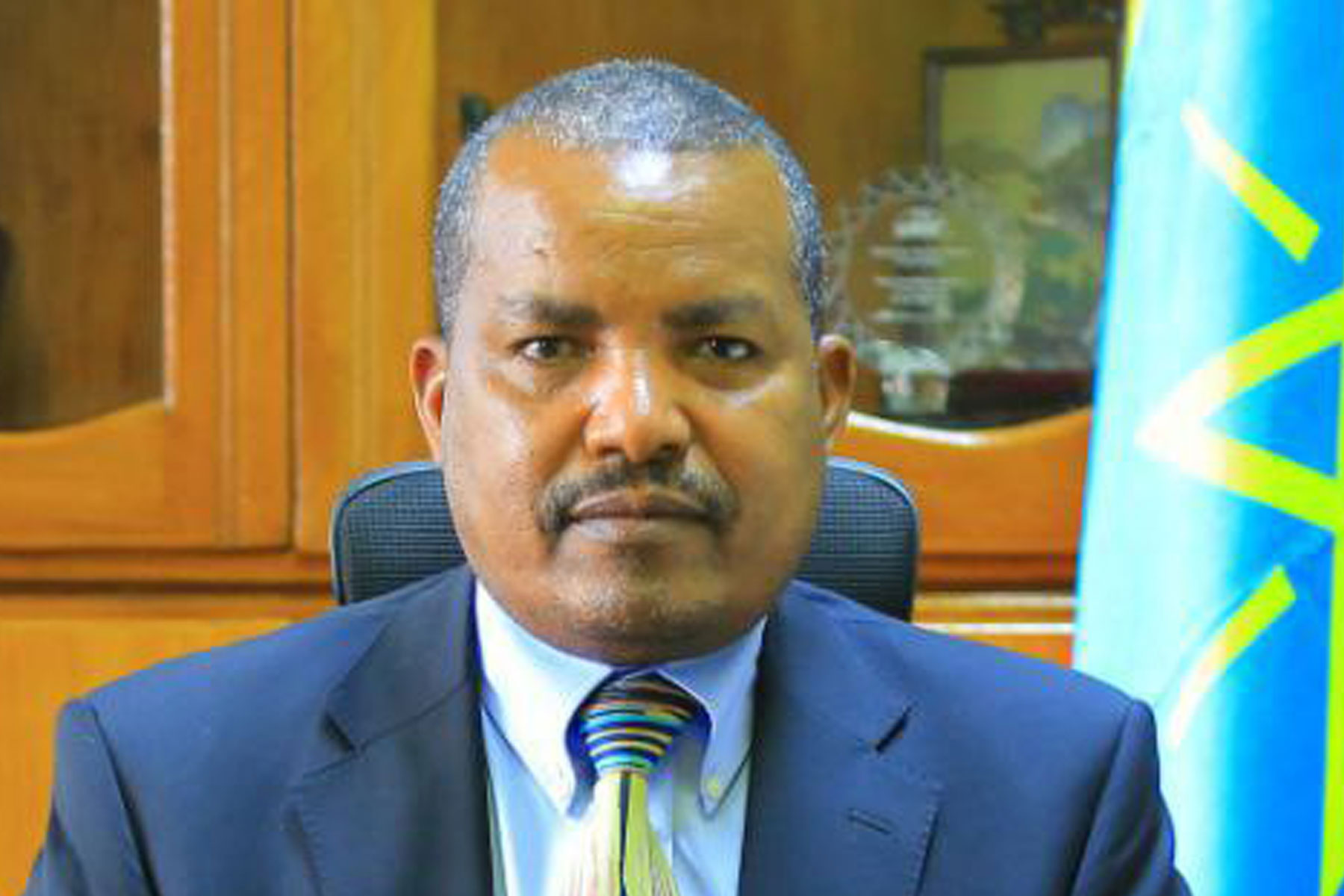
Radar | Apr 15,2024

Commentaries | Jul 13,2019

Radar | Aug 16,2020

Sunday with Eden | Jul 19,2025
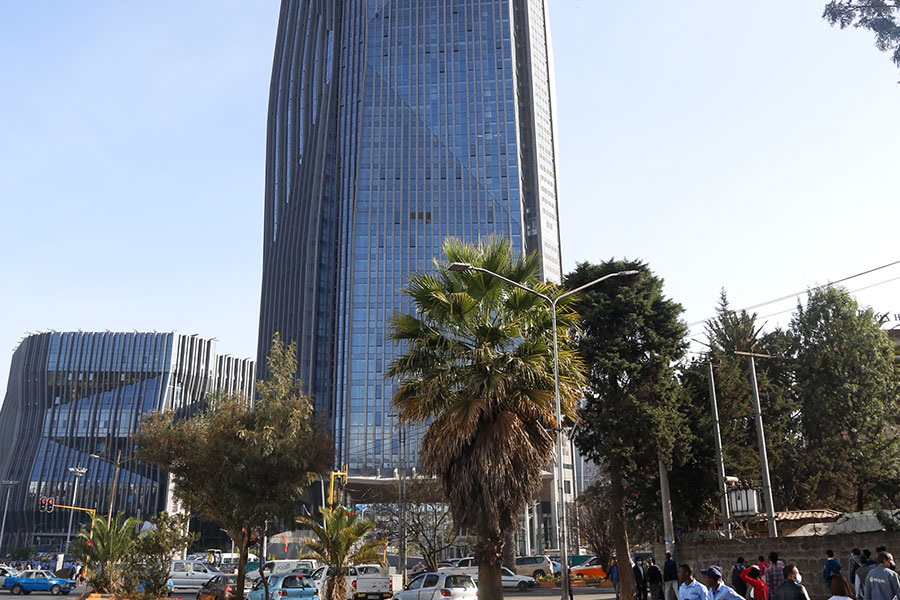
Fortune News | Nov 12,2022
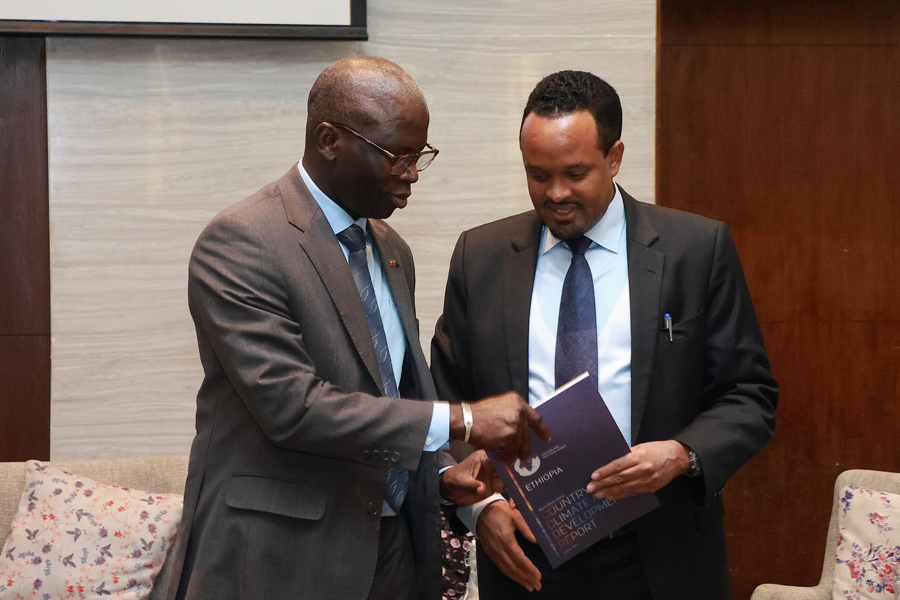
Fortune News | Mar 02,2024

Radar | Jun 29,2024
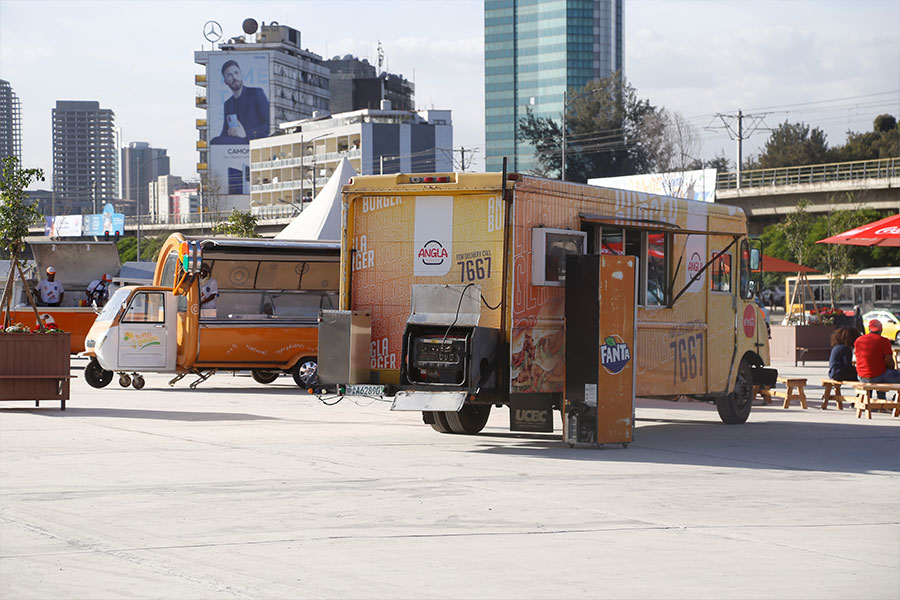
Radar | Jan 01,2022
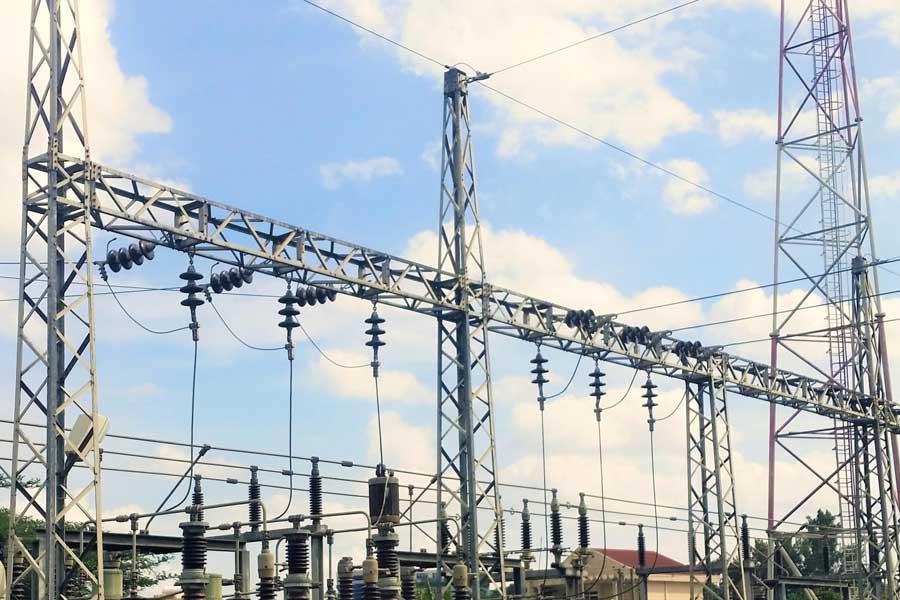
Fortune News | Dec 19,2020

Dec 22 , 2024 . By TIZITA SHEWAFERAW
Charged with transforming colossal state-owned enterprises into modern and competitiv...

Aug 18 , 2024 . By AKSAH ITALO
Although predictable Yonas Zerihun's job in the ride-hailing service is not immune to...

Jul 28 , 2024 . By TIZITA SHEWAFERAW
Unhabitual, perhaps too many, Samuel Gebreyohannes, 38, used to occasionally enjoy a couple of beers at breakfast. However, he recently swit...

Jul 13 , 2024 . By AKSAH ITALO
Investors who rely on tractors, trucks, and field vehicles for commuting, transporting commodities, and f...

Oct 4 , 2025
Eyob Tekalegn (PhD) had been in the Governor's chair for only weeks when, on Septembe...

Sep 27 , 2025
Four years into an experiment with “shock therapy” in education, the national moo...

Sep 20 , 2025
Getachew Reda's return to the national stage was always going to stir attention. Once...

Sep 13 , 2025
At its launch in Nairobi two years ago, the Africa Climate Summit was billed as the f...